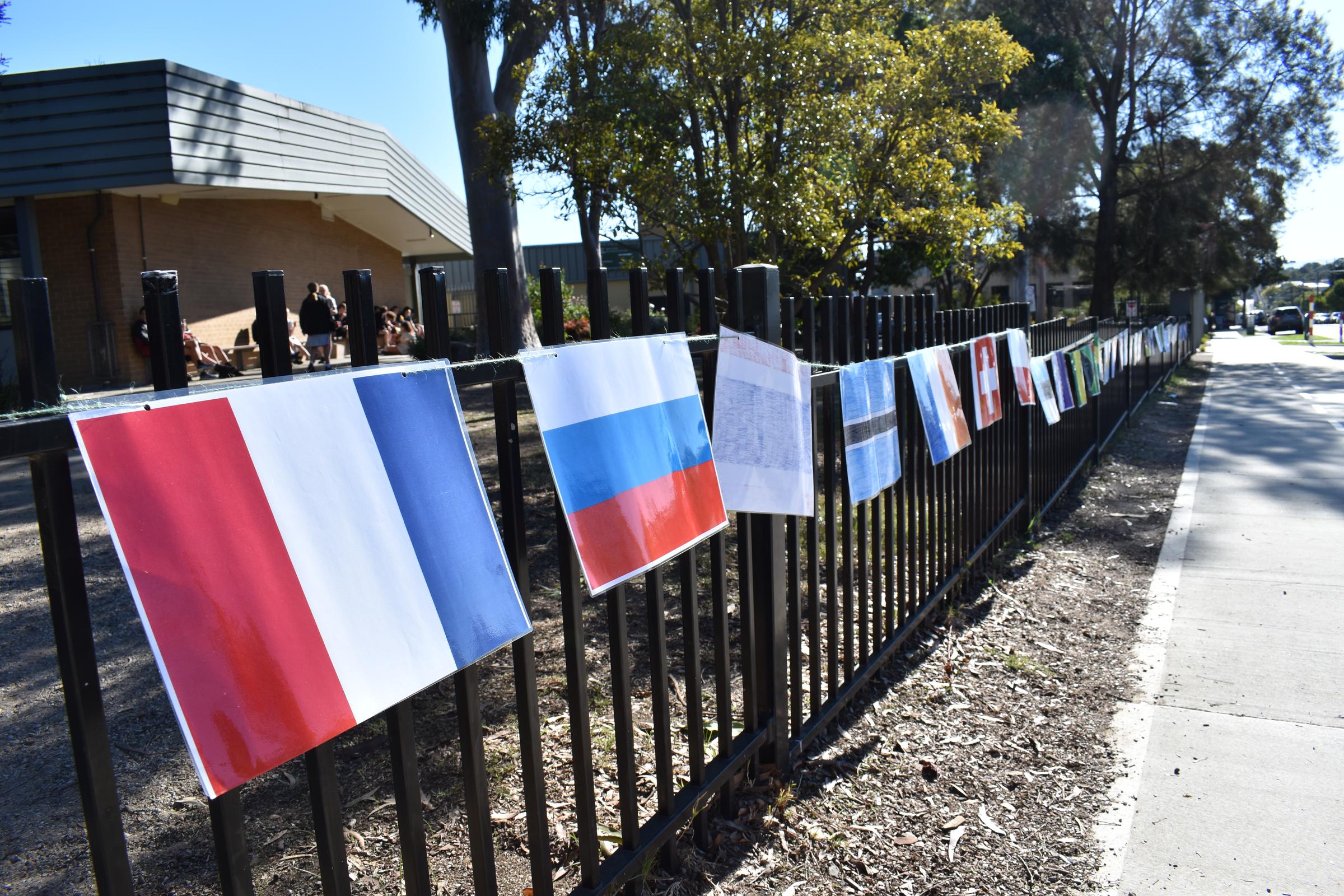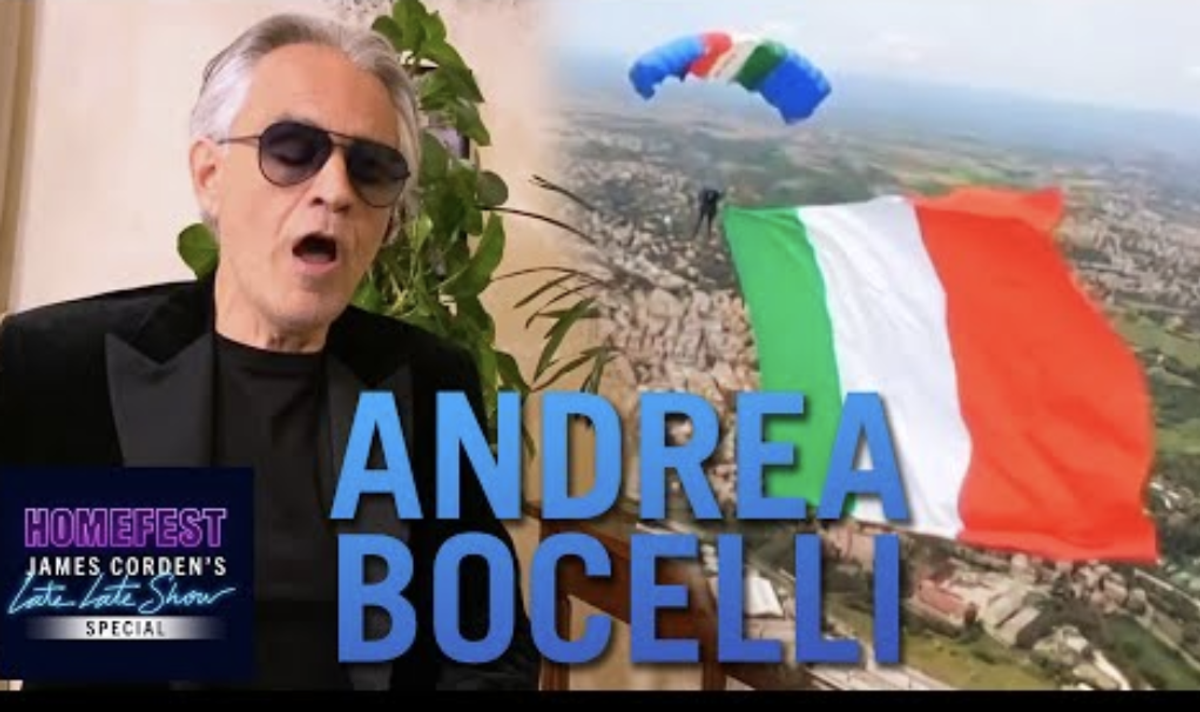Languages

Looking on the Bright Side
By Luisa Allen, Italian Language Teacher
Whilst learning languages remotely has posed its challenges, students have done very well to quickly adapt to the new way or learning.
At the beginning of term, I asked students to share a positive aspect of their holidays. We are pleased to see students still looking on the bright side in true Italian style! Here are some of their responses:
- Long nature walks with family
- Learning new skills such as building a drone with Dad
- Getting a puppy
- Baking homemade hot cross buns
- Scrapbooking
- Cleaning up/rearranging bedrooms
- Walking with neighbours who live alone
Keep up the great work everyone!
Year 8 Italian Cultural Task
By Cathy Gucciardo, Italian Language Teacher
Italy is famous for its classical musicians who have become Italian musical identities. These include composers and opera singers such as Enrico Caruso, Giuseppe Verdi, Antonio Vivaldi, Giacomo Puccini, Luciano Pavarotti, Andrea Bocelli and many others.
Italy is also famous for its sports people. These include Roberto Baggio, Valentino Rossi, Francesca Schiavone and many others.
I thought I would share this uplifting video of the Italian musical identity Andrea Bocelli singing at home during these challenging times. I hope that some of the students may select him to research for their cultural task.
Nine Unusual Italian Sayings and What they Mean
By Franc Brogno, Senior Italian Language Teacher
We've done our best to render these very Italian proverbs into English, but sometimes one country's wisdom just doesn't translate.
A ogni uccello il suo nido è bello
In English, the closest translation is "There's no place like home". The literal translation from Italian however, is rather more poetic: "To every bird, his own nest is beautiful".
Acqua passata non macina più
“It's water under the bridge" you might say, to indicate that something’s firmly in the past. The Italian version is a bit more complicated: "Water that's flowed past the mill grinds no more". In other words, it no longer does a thing.
O mangiar questa minestra o saltar questa finestra
This is the Italian way of saying, "Take it or leave it". Literally, it's "Either eat this soup or jump out of this window" - a threat that anyone who's been served dinner by an Italian nonna might be able to imagine hearing!
La gatta frettolosa ha fatto i gattini ciechi
Literally: "The hasty cat gave birth to blind kittens". Perhaps not the nicest way of saying that things done too quickly tend to turn out badly. An English equivalent might be, "Haste makes waste".
Tanto va la gatta al lardo che ci lascia lo zampino
What is it about Italians and cats? This particular expression translates literally as: "The cat goes so often to the bacon that she leaves her paw (print)". In other words, if you keep on doing the same bad thing over and over again, you’ll get caught.
Neanche il cane muove la coda per niente
Not to worry, dogs get a look-in too. "Not even a dog wags its tail for nothing", Italians say, or as we'd put it: "There's no such thing as a free lunch".
Non tutte le ciambelle riescono col buco
"Not all doughnuts come out with a hole," a stoic Italian might tell you. In other words, things don't always turn out as planned.
Chi va al mulino si infarina
There's no exact English equivalent for this phrase, but it expresses the idea that you can't expect to get involved in risky business without getting your hands dirty: "Those who go to the mill get covered in flour".
A chi dai il dito si prende anche il braccio
"Give him an inch and he’ll take a mile" is a familiar expression used for a person who’s been given something, then tries to get a whole lot more. In Italy, this kind of thing is viewed rather more personally: "Give them a finger and they'll take an arm."


